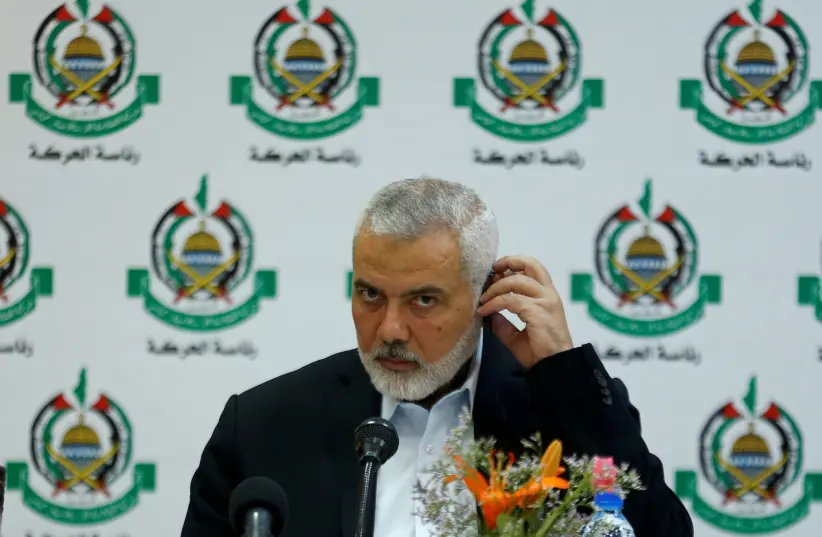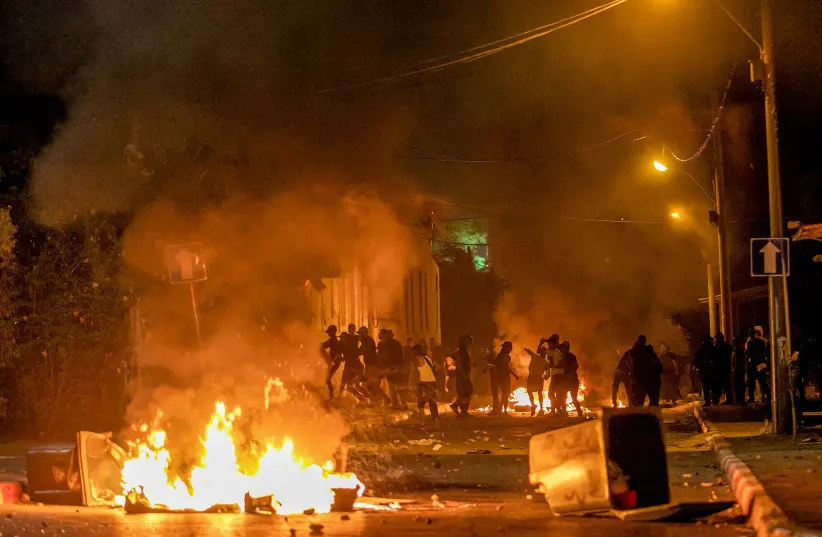Iran reveals its strategy advising Hamas on war against Israel

What is important here is that the conversation with Ghaani comes as Iranian media published a unique look at Israel’s air defense systems, asserting that Israel is showing new vulnerabilities.
Iran’s Islamic Revolutionary Guard Corps Quds Force head Esmail Ghaani spoke with Hamas leader Ismail Haniyeh over the weekend and they discussed the latest developments in the situation and the conflict in Gaza. Tasnim news reported the discussion in Iran. It comes amid an Iranian regional push to support Hamas, including pro-Iran leader Hadi al-Amiri in Iraq indicating his support for Hamas. Turkey and Iranian-backed Houthis and Hezbollah also support the Hamas war against Israel. The press release about Ghaani being in touch with Hamas senior leadership comes days after Hamas leader Khaled Meshaal also spoke to Turkish media and was quoted in Iranian media about Hamas strategy.




